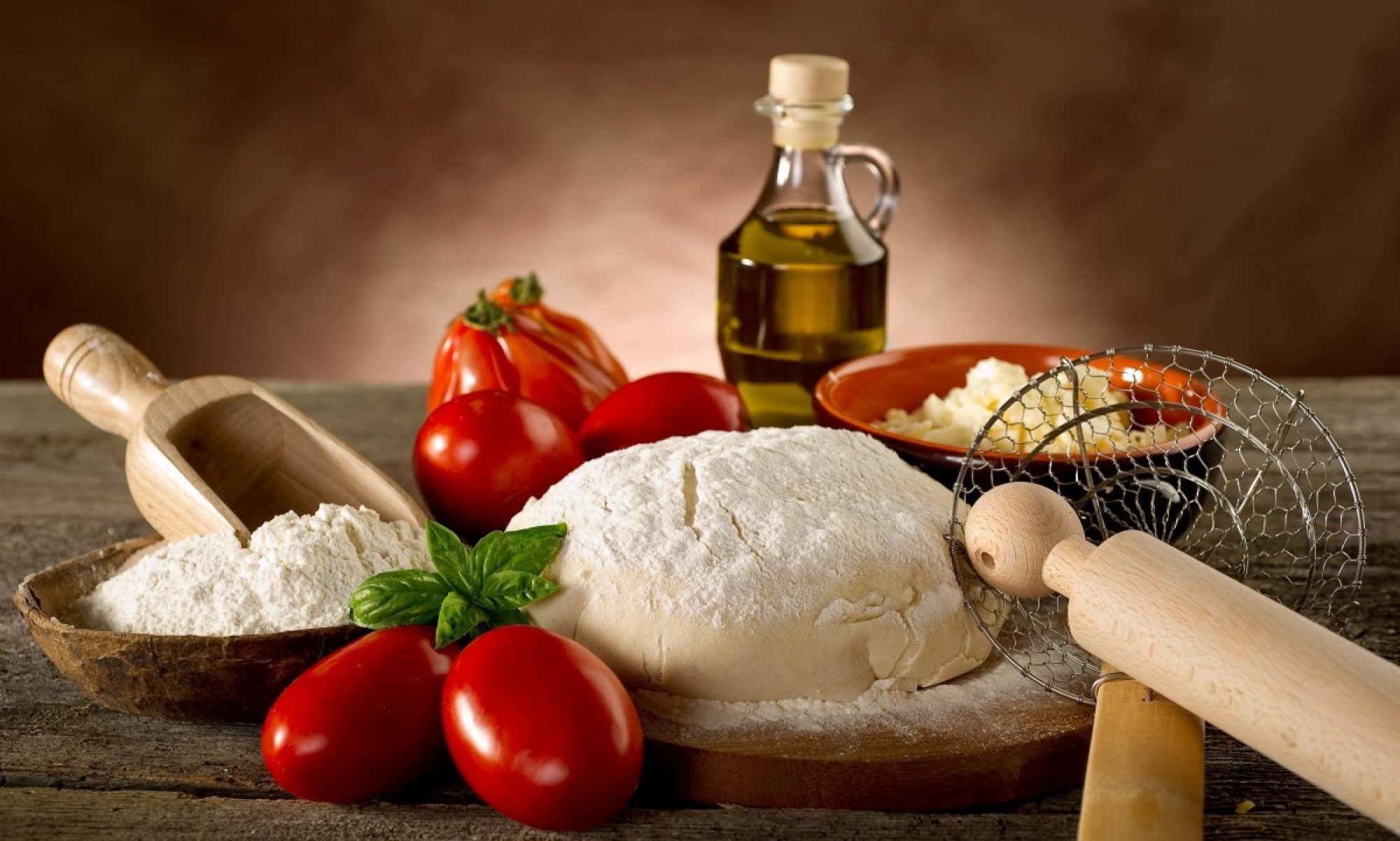The Summons of the Soul
Oh Soul, come back! Why you go far away?
All your household has come to do you honor; all kinds of good noodles are ready:
Egg noodles (鸡蛋面), Dried Straight noodles(挂面), pulled noodles (拉面), mixed all with sliced noodles (刀削面) ,
Bitter, salty, sour, hot and sweet: there are noodles of all flavors.
Red soy sauce flavored pork chop cooked tender and succulent (红烧大排),
Sweet and sour blended in the ribs topping (糖醋小排),
Stewed intestine (大肠)and fried frog legs (牛蛙), served with spicy sauce;
Eel deep fried covered in salty sauces, boiled shrimp (虾仁爆鳝), ladle the boiling oil with green onions;
Braised chicken, seethed pork livers (猪肝), high-seasoned, but not to spoil the taste;
Peanut butter and vinegar with a hint of salt,
Jade like wine, honey-flavored, filled the winged cups.
Ice-cooled soy-milk, strained of impurities, clear wine, cool and refreshing;
Here are laid out the patterned ladles, and here is sparkling wine!
The poem that I am imitating is the piece called “The Summons of the Soul” Chu Ci, by Qu Yuan. Qu Yuan is a famous Chinese poet known for his love and patriotism. I have learned his most famous piece, “Li Sao”. In addition, our group project did some research on Qu Yuan. I was interested in exploring why he particularly included food descriptions in this section of his “summons”.
“The Summons of the Soul” depicts various dangers surrounding the wandering soul. To encourage its obedient return, Qu Yuan provided detailed descriptions of magnificent sensual pleasures which would be available as a reward to such behavior (from Hawkes, David, translator and introduction (2011 [1985]). Qu Yuan et al., The Songs of the South: An Ancient Chinese Anthology of Poems by Qu Yuan and Other Poets). As “summon” emphasizes how food is enough to “summon” one’s soul, it reflects the famous saying of “Bread is the stall of life.” (“民以食为天”)
After imitating this piece, I discovered some similarities and differences of the Chinese cuisine between the previous dynasty and the modern days. Chinese people still eat most of the food nowadays. Especially for the desert mentioned, I believe the “Fried honey-cakes of rice flour and malt sugar sweetmeats” is the Sugar Cake that I love. (炸年糕/炸糖糕) However, I am curious about the soup of Wu, in which the poet describes as having a sour and bitter blended flavor. I think it is the Sour and Spicy soup nowadays. (酸辣汤).
Further, while writing in Qu Yuan style, I noticed all these imperative sentences he used. The “summons” style is mainly made up “callings”. This style provokes feelings of anxiety and desperation, while triggering hunger. Such emotion resonates with readers deeply.
I dedicated my piece to noodles, focusing specifically on describing popular Shanghainese noodle dishes. Each sentence of mine matches the style of the original piece. Moreover, each noodle dish is similar to the descriptions by Qu Yuan, including the flavors, the ingredients, and the cooking methods of the noodle toppings. For example, the original piece wrote “Stewed turtle and roast kid, served up with yam sauce,”. In response, I wrote “Stewed intestine (大肠)and fried frog legs (牛蛙), served with spicy sauce;”. It was easy to find noodle toppings from modern days that would be similar to the meat dishes mentioned by Qu Yuan. Hence, I was reminded of how the culture in Chinese cuisine can be timeless.
As the emotional relationship between Qu Yuan and food echoes mine, I begin to comprehend how food is essential to Chinese culture. Food is always huge part of any festivals, and even the daily conversations involves food. For instance, most Northern Chinese people greet each other by saying “Have you eaten?”. People from my home are always being very “picky” about “meals never make do”. (”不能将就”). As I visualize, imagine, and resonate with the poet’s depictions and emotion, I finally understand that power of cultural connection brought by food. It is indeed enough to “summons” the soul.
